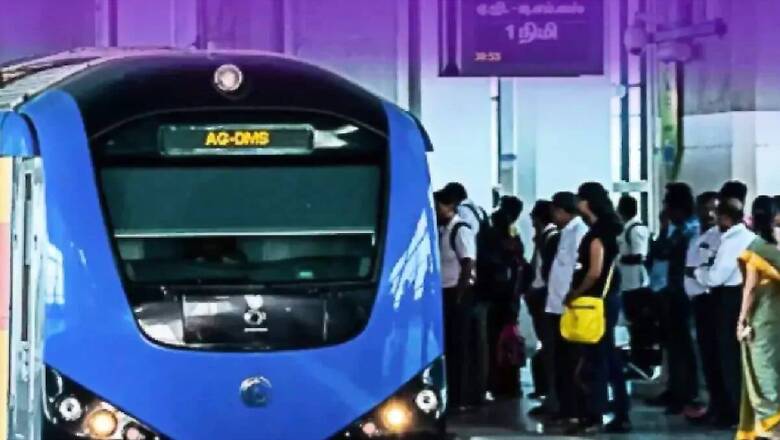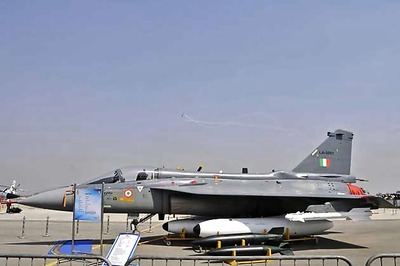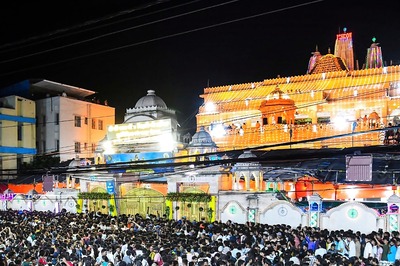
views
Metro systems have become an essential part of life for many individuals across the country. People are directly or indirectly independent of the metro services. Metro systems are constantly incorporating advancing technologies as the years progress. One such noteworthy development is making headlines these days.
The Chennai Metro Rail (CMRL) has planned to initiate its Phase II project, which involves the operation of driverless trains at an estimated cost of Rs 61,843 crore. The first driverless service is scheduled to be launched in 2026.
According to a recent report by The Hindu, the CMRL plans to procure 138 three-coach driverless trains as part of the Phase II project. These trains will be acquired through three separate contracts for three designated corridors: Madhavaram to SIPCOT (corridor 3), Light House to Poonamallee (corridor 4), and Madhavaram to Sholinganallur (corridor 5).
A CMRL official has told The Hindu that the driverless trains will undergo extensive testing for the duration of one year before being deployed to serve the public in Chennai. The designs of the train are currently in the finalization stage and are expected to be completed within a month. The initial batch of trains, comprising 26 units, will operate between Poonamallee and Porur. Delivery of all these trains is scheduled for the middle of next year.
Last year, CMRL’s Director (Systems-Operations), Rajesh Chaturvedi, stated that the driverless trains would operate based solely on the signals they receive. The Phase II network will cover a distance of 118.9 kilometres, encompassing 128 stations. However, during the initial operational years, the trains will have roving attendants onboard to address any glitches or emergencies that may arise. The Hindu reported that CMRL intends to retain staff for the first three years.
Earlier this year, CMRL abandoned its plan to lease 42 three-coach trains, which was aimed at reducing project costs. The decision was made after realizing that leased trains cannot be repurposed elsewhere once the lease period expires. Following discussions with train manufacturers and gaining insight into why metro trains are not typically leased, CMRL discovered that these trains are specifically designed for a particular city or metro line and cannot be easily redeployed elsewhere.


















Comments
0 comment